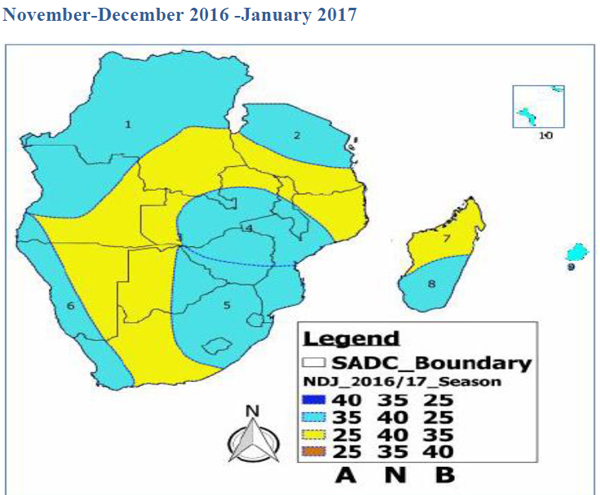
Genetically modified organisms scrutinised
An interactive discussion session organised by Agra’s Professional Services Division (PSD) provided a platform for the discussion of the socio-economic impact of Genetically Modified Organisms (GMO’s) in Namibia.
There are currently 28 countries using biotechnology in crop production and a record number of 17,3 million farmers in these countries planted 170,3 million hectares in 2012, a sustained increase of 6% or 10,3 million hectares over 2011.
Dr Wynand van der Walt, an independent biotechnology scientist, gave a presentation on genetic engineering and the science behind genetic modification. He stated that biotechnology such as genetic modification is already being used in various industries and products besides crops, such as human health products, animal vaccines and altered milk.
In his presentation, Kobus Steenekamp, president of CropLife South Africa, hub chair of CropLife Africa Middle East focused on the growing demand for food amidst threats to food production such as climate change, limited and shrinking resources and pests. He stated that biotechnology can result in plant varieties that deliver more yield, more efficient use of resources, are insect and herbicide tolerant and offers more biodiversity and an increased yield. This, according to Steenekamp can result in increased food security and sustainability; decreased emissions and decreased use of pesticides.
Michael Gaweseb, Executive Director of the Namibia Consumer Trust, said that the lack of labeling denies consumers their right to choose. He referred to three maize products used in Namibia, which have been tested for GMO’s and had 1,09%, 2,75% and 56,82% GMO’s, while it has not been indicated as such on the packaging of these products. With regards to the use of GMO’s in Namibia, Gaweseb said that “the Namibia Consumer Trust is keen for GMO’s not to be fed to humans, especially when they are not informed in advance.”
Manjo Smith, chairperson of the Namibian Organic Association (NOA) stated the organisation’s opposition to the introduction of genetically modified crops into Namibia. “Claims made by the biotech industry about the safety and benefits of GMO’s have proven to be false. There is a growing body of independent science warning us about the long-term risks of this technology, leading many countries to severely restrict their use,” Smit said.
The NOA requested government to protect the nation against the importation and production of GMO staple foods; implement mandatory labeling for all imported processed products which may contain GMO ingredients and prohibit GMO trials in the country to prevent the environment from being contaminated by GMO’s.
According to Honourable John Mutorwa, Minister of Agriculture, Water and Forestry who also attended the discussion, GMO products are neither banned nor illegal in Namibia. “I am not against science, but what we are loudly saying as food producers is that consumers have the right to know what they are consuming, therefore; proper, ethical, honest and professional labeling of these products would give consumers choices whether to take GMO food stuffs or not!” said Mutorwa.
Christof Brock, CEO of the Agronomic board of Namibia stated that as a representative of many different stakeholders, namely; dry-land and irrigation producers, millers, traders as well as consumers, the Agronomic Board agreed with Minister Mutorwa that the speedy implementation of the Biosafety Act and the compulsory labeling of all GMO’s in Namibia is important so that consumers have more choice.











































